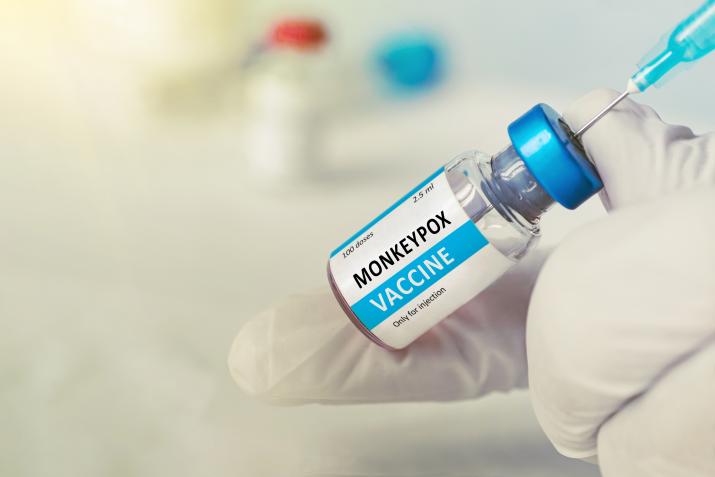In light of the ongoing Mpox outbreak, which continues to pose a significant health threat across Africa, the AIDS Healthcare Foundation (AHF) Nigeria has called for urgent global action to address vaccine inequity.
The foundation highlighted its role in advocating for a pandemic agreement that guarantees equitable access to vaccines and treatments for developing nations. “As part of the global AHF network, we have raised concerns that the current response to the Mpox outbreak mirrors the inequalities observed during the COVID-19 pandemic,” the statement read.
This severe Mpox outbreak, driven by the new clade Ib variant, has particularly affected children and has been reported in at least 13 African countries, with over 22,800 confirmed cases and more than 620 deaths this year alone. The Democratic Republic of the Congo has been most severely impacted, accounting for 96% of cases and 97% of deaths.
Dr. Echey Ijezie, Country Program Director for AHF Nigeria, noted, “Our push for equity began during the COVID-19 pandemic, where we witnessed the devastating effects of vaccine hoarding on African nations. Now, we are facing similar challenges with Mpox.”
On August 14, 2024, the World Health Organization (WHO) declared Mpox a global health emergency. Despite the availability of vaccines, Africa is still struggling with access due to high costs and limited supply. The manufacturer of the Mpox vaccine, Jynneos, Bavarian Nordic, is charging an unaffordable $100 per dose in Africa, further worsening the situation. AHF is calling on Western countries and Japan to expedite the donation of Mpox vaccines to Africa and urging the WHO to fast-track the approval of alternative vaccine options.
AHF’s advocacy extends beyond immediate vaccine distribution. The organization is also calling for a review of the WHO Pandemic Agreement, which has so far failed to ensure equitable access to vaccines and treatments for developing nations. “What we are witnessing with Mpox highlights the deficiencies in the current pandemic agreement. We need mechanisms that guarantee equitable access to vaccines for all countries during global health crises,” AHF emphasized. Without accountability and enforcement in these agreements, poorer nations will remain vulnerable to pharmaceutical monopolies and the unequal distribution of life-saving health products.
The stark inequalities witnessed during the COVID-19 pandemic are echoed in the current crisis. Many African countries were unable to provide vaccines to their populations while developed nations secured vast quantities. This disparity resulted in catastrophic consequences, contributing to over 1.3 million deaths across the continent.
AHF Nigeria is advocating for a more robust and enforceable pandemic preparedness plan that includes independent oversight, accountability, and real-time verification of compliance. “Without these measures, the international community risks repeating the mistakes of past pandemics,” they warned.
Furthermore, AHF Nigeria is urging the WHO and global health bodies not only to accelerate the delivery of Mpox vaccines to Africa but also to ensure the sharing of vaccine production technology with the region. Patent waivers and technology transfers are critical to enabling local vaccine production and reducing reliance on Western manufacturers.
Dr. Penninah Iutung, AHF Africa Bureau Chief, stressed the urgency of the situation, stating, “Without immediate action, the inequality we are witnessing will only worsen, leaving African nations vulnerable to another public health crisis. We cannot afford to let history repeat itself.”
The Mpox crisis has highlighted the broader issue of how global health agreements are structured. AHF Nigeria reinforces the position of AHF Global that any pandemic agreement must incorporate provisions for the global south, ensuring that the most vulnerable populations are not left behind.
Mpox spreads primarily through skin-to-skin contact, with symptoms including rashes and lesions on the skin. Although vaccines are available, accessibility and affordability remain significant challenges.
With cases rising in over a dozen African countries—including 48 confirmed cases among 868 suspected cases in Nigeria as of August 2024, according to the Nigerian Center for Disease Control (NCDC)—the need for global cooperation has never been more critical.
AHF Nigeria is calling on governments, international organizations, and pharmaceutical companies to prioritize public health over profits. “This is not just about Mpox or Africa. It’s about global health security. Inequity anywhere is a threat to health everywhere.”




